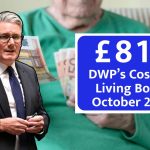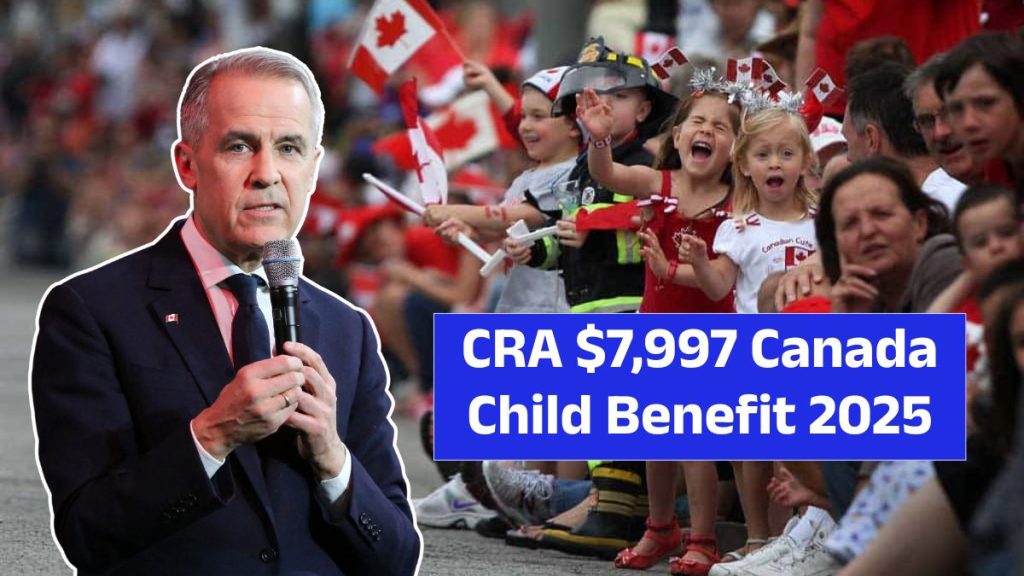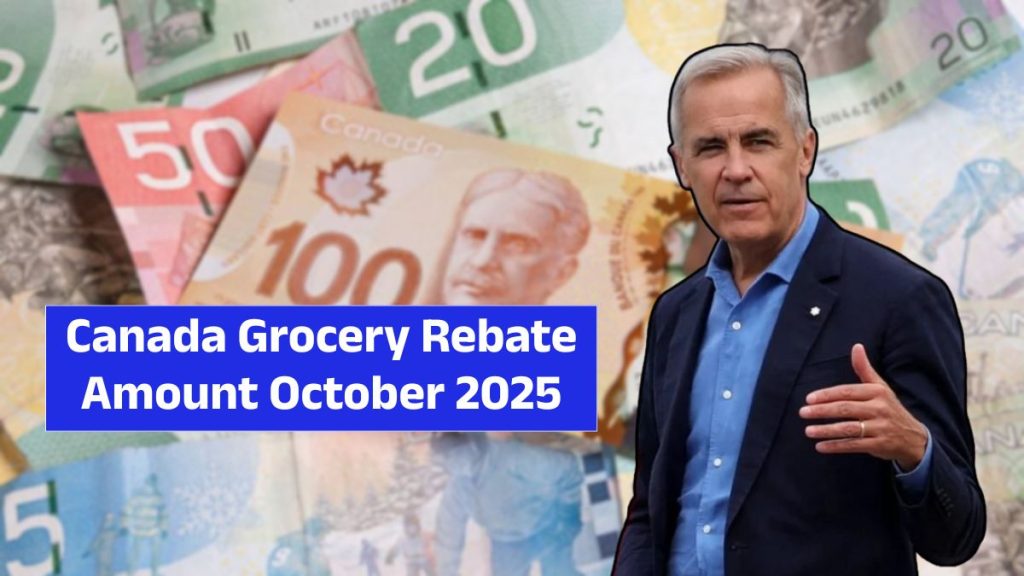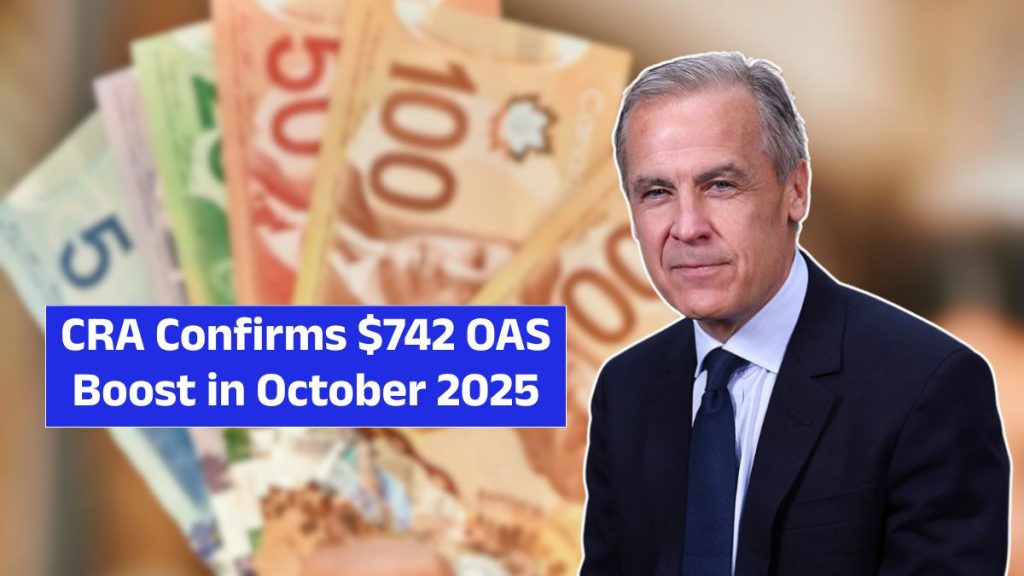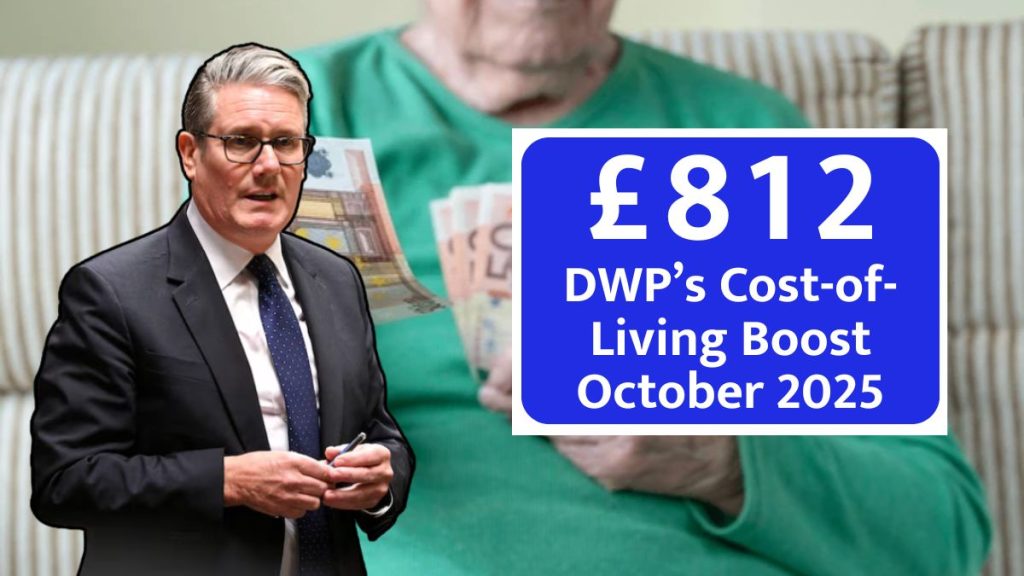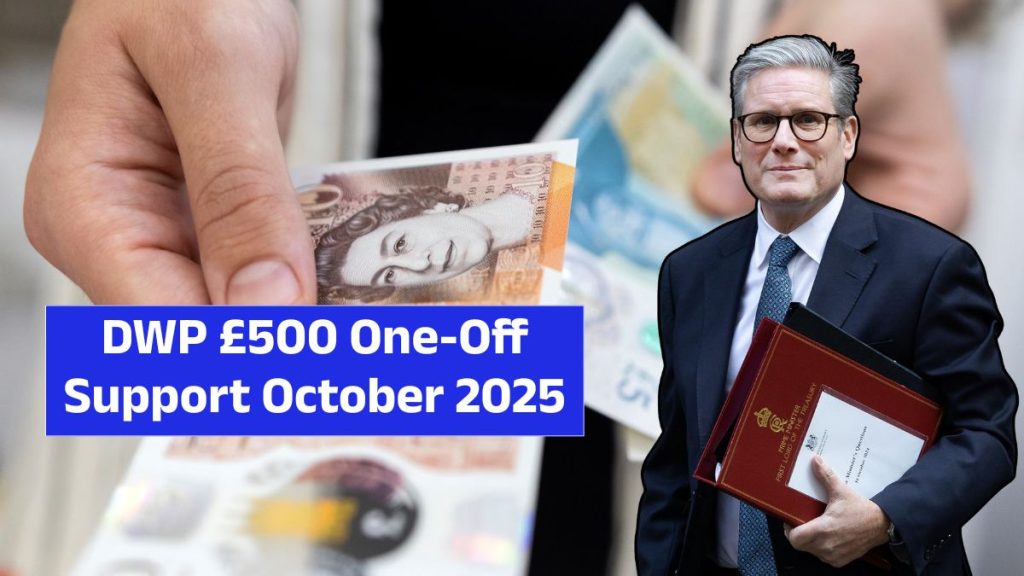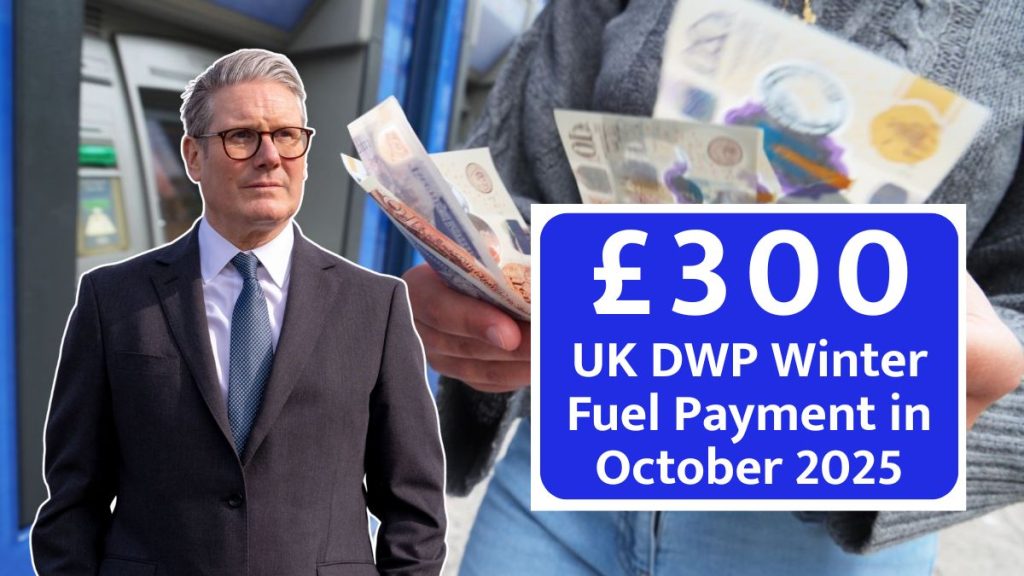If you’re living in the UK and curious about the popular £300 Winter Fuel Payment from the Department for Work and Pensions (DWP) this October 2025, you’re in the right place. Whether you’re a senior struggling with rising heating bills or a professional advising clients, this guide explains everything in clear detail.
The Winter Fuel Payment remains one of the UK’s most important social support measures, helping older adults heat their homes during the coldest months. For 2025, eligible recipients can receive between £100 and £300, depending on age, income, and living circumstances.
What Is the Winter Fuel Payment?
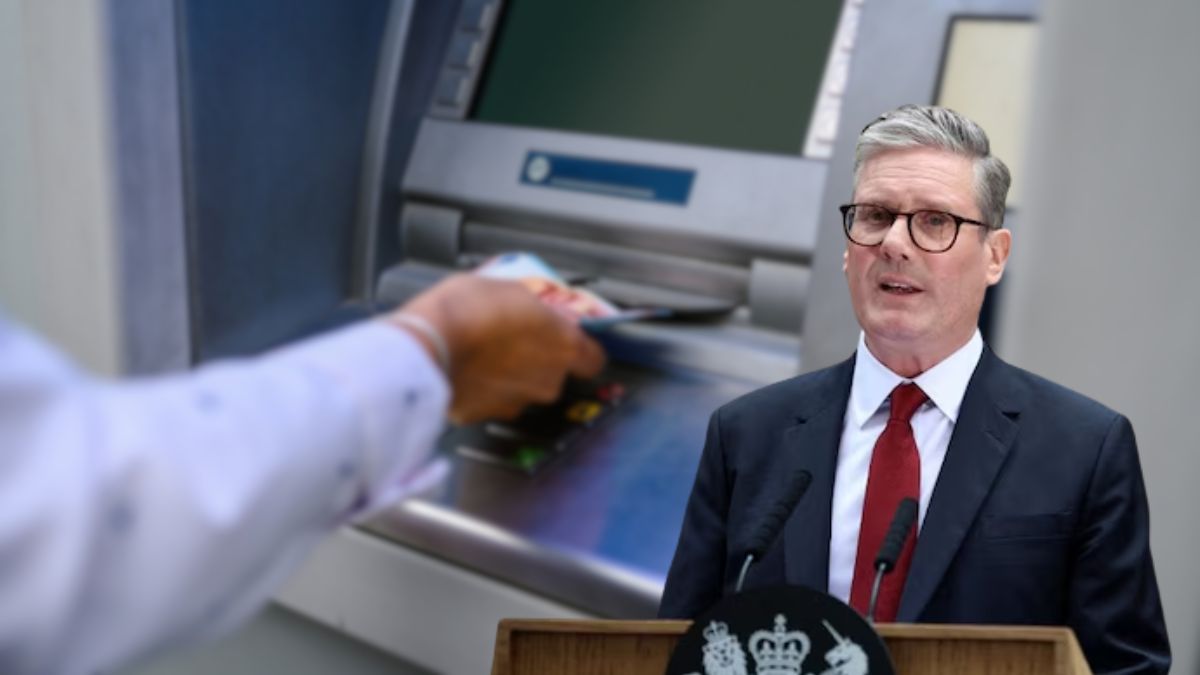
The Winter Fuel Payment is a tax-free lump sum provided by the UK government through the DWP. Its main purpose is to support older adults with the extra costs of heating their homes during winter.
The scheme began in 1997 under Chancellor Gordon Brown as a universal benefit. Originally, it was a modest £20 payment. Over time, it has expanded and been revised to better meet the needs of pensioners. In 2025, the program continues to provide targeted assistance, balancing affordability with protection for vulnerable groups.
How Much Can You Receive in 2025?
The amount you get depends on your age and household situation during the qualifying week in September:
- £300: If you are 80 or older.
- £200: If you are between the state pension age and 79.
- £300 per household: For couples where both partners qualify.
- £200 per household: For mixed-age couples, where only one meets the criteria.
It’s important to note that this is a household-based payment, not an individual benefit for everyone in the same home.
Eligibility Rules for October 2025
Not everyone qualifies automatically. Here are the conditions:
- Age Requirement: You must have been born on or before 21 September 1959.
- Residency: You must be living in the UK (England, Wales, or Northern Ireland) during the qualifying week: 15–21 September 2025.
- Income Cap: A maximum annual income threshold of £35,000 applies. If you earn above this, you may have to repay some or all of the payment through HMRC.
- Exclusions:
- People in hospital or prison for the entire qualifying week.
- Some care home residents receiving certain benefits.
- Residents in Scotland, where a separate scheme operates.
This ensures that the payment targets pensioners who are most likely to struggle with rising heating costs.
Why Scotland Has a Different Scheme
If you live in Scotland, you will not receive the DWP’s Winter Fuel Payment. Instead, the Scottish Government runs its own Winter Heating Assistance scheme, designed specifically for Scottish households. While both aim to support seniors during winter, they operate under different rules and criteria.
Real-Life Payment Examples
To make the system easier to understand, here are some examples:
- Marjorie, 82 (Wales): Lives alone, qualifies for the full £300.
- John and Anne, both 78 (England): As a couple, they receive £300 combined.
- Tom, 70, and spouse, 65: Household gets £200.
- Susan, 85, with £40,000 annual income: Will receive £300, but repayment is required through tax.
Payment Timeline: When Will You Get It?
The payment schedule is designed around the coldest part of the year:
- Letters Sent: October–November 2025.
- Payment Start Date: Mid-November 2025.
- Final Deadline: March 31, 2026.
Most payments are automatic, sent directly to the same account where you receive your state pension or benefits.
Claiming the Winter Fuel Payment
For most people, no action is needed. However, if you do not receive your payment automatically, you should complete a WFP1 claim form available at gov.uk.
The form must be submitted before 31 March 2026, otherwise you risk losing the payment entirely.
Historical Background of the Scheme
The Winter Fuel Payment has evolved over nearly three decades:
- 1997: Launched at £20 by Gordon Brown.
- 1999–2000: Increased to £100.
- 2000–2001: Doubled to £200.
- 2003–2004: Additional £100 for over-80s, bringing the maximum to £300.
- 2024: Restricted only to Pension Credit and benefit claimants, sparking controversy.
- 2025–26: Expanded again to wider pensioner groups, but with an income cap of £35,000.
This balance of targeted support and fiscal control reflects the government’s attempts to maintain fairness while managing public spending.
Why the Winter Fuel Payment Matters More in 2025
Rising energy bills, inflation, and global supply chain issues have hit older adults hardest. Many pensioners live on fixed incomes, making heating costs a real financial burden.
Health experts warn that inadequate heating can increase risks of pneumonia, strokes, and other cold-related illnesses. That is why the Winter Fuel Payment is seen not just as a financial aid, but as a public health safeguard.
Watch Out for Scams
Fraudsters often target pensioners during payment season. Common scams include:
- Fake calls, texts, or emails claiming to be from DWP.
- Requests for bank details or fees to “release” the payment.
Important: The government will never ask you to pay to receive the Winter Fuel Payment. Always verify through official channels like gov.uk, Age UK, or Citizens Advice.
Extra Support and Advice
If you need further help:
- Citizens Advice: Free benefit guidance.
- Age UK: Advice tailored to older adults.
- HMRC: Questions about income caps and repayments.
These organisations can guide you on how to secure your payment safely and effectively.
Frequently Asked Questions (FAQs)
Q1. Who qualifies for the £300 Winter Fuel Payment in 2025?
Anyone born on or before 21 September 1959, living in England, Wales, or Northern Ireland during the qualifying week, and earning under £35,000 annually.
Q2. Do Scottish pensioners get the same support?
No, Scotland runs its own Winter Heating Assistance scheme, separate from the DWP payment.
Q3. Do I need to apply for the payment?
Most pensioners are paid automatically. If not, you must complete the WFP1 claim form by 31 March 2026.
Q4. Will the payment affect my taxes?
If your annual income exceeds £35,000, the payment may be reclaimed via HMRC through the tax system.
Q5. When will payments arrive in my account?
Payments start from mid-November 2025 and continue through March 2026.
